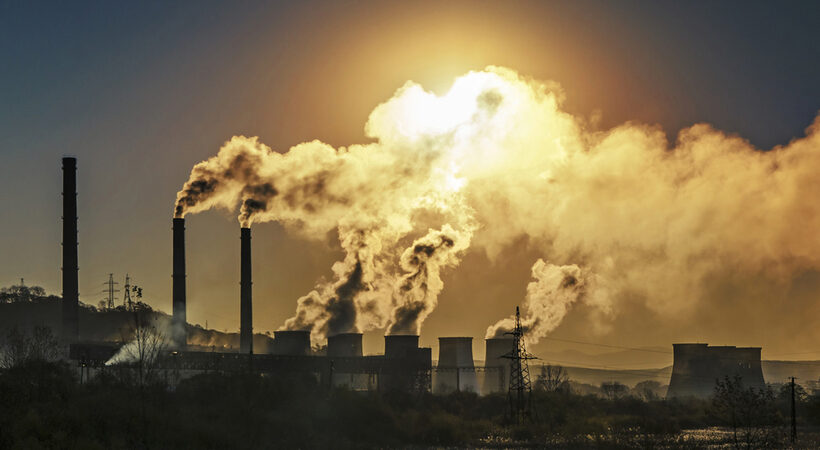December 2, every year, is observed as the National Pollution Control Day in memory of thousands of people who lost their lives in the Bhopal Gas Tragedy in 1984 and to raise awareness on problems of increasing pollution.
The Bhopal Gas Tragedy took place on the night of 2-3 December in 1984 due to gas leakage in the Union Carbide India Limited pesticide plant, resulting in over 5 lakh people getting exposed to methyl isocyanate (MIC) gas.
A total of 3,788 people were killed in the gas release, and 5,74,366 injured victims sustained injuries, as per the government’s official records of Madhya Pradesh.
Sadly, nine among ten people worldwide do not have access to safe air and consequently face the risk of respiratory disorders, lung cancer, brain or kidney damage, and heart disease in the long run.
Significance
The day aims to spread awareness on controlling industrial disasters, minimising pollution produced by industrial processes, and making people and industries aware of the importance of pollution control acts.
India’s Central Pollution Control Board (CPCB) was constituted in India in September 1974 to work towards protecting the environment.
Following that, the government enacted more acts and rules to control pollution in the country. Amidst the rising pollution levels in Indian cities, especially in the national capital Delhi, let us not forget these striking facts;
1) Around 7 million people die every year due to air pollution, says the National Health Portal data.
2) Nine out of ten people globally do not have access to clean and safe air, adds NHP data.
3) A microscopic pollutant (PM 2.5) is tiny enough to pass through the mucus membrane and other protective barriers to damage the lungs, heart, and brain.
4) People who live in places with high air pollutants have a 20% higher risk of death from lung cancer than people living in less polluted areas.
5) Pollution kills more than 1 million sea birds and 100 million mammals every year.
6)Children contribute to only 10% of the world’s pollution.
7)Air pollution is also responsible for climate change.
8)There are more than 500 million cars globally, and by 2030 the number will rise to 1 billion.
9)According to WHO, almost all deaths (94%) linked to air pollution occur in low- and middle-income countries.
10)The key pollutants include particulate matter, a mix of solid and liquid droplets arising from fuel combustion, nitrogen dioxide from road traffic.



















